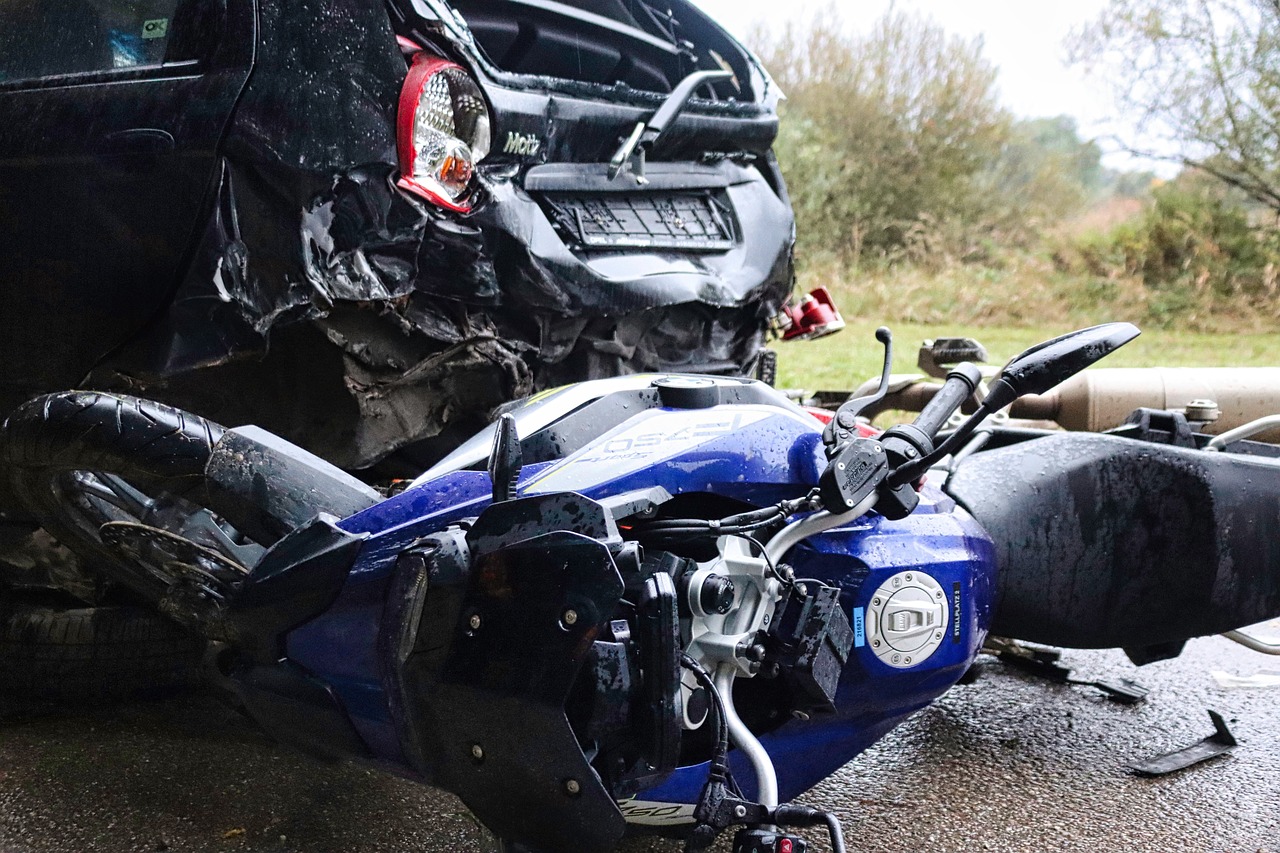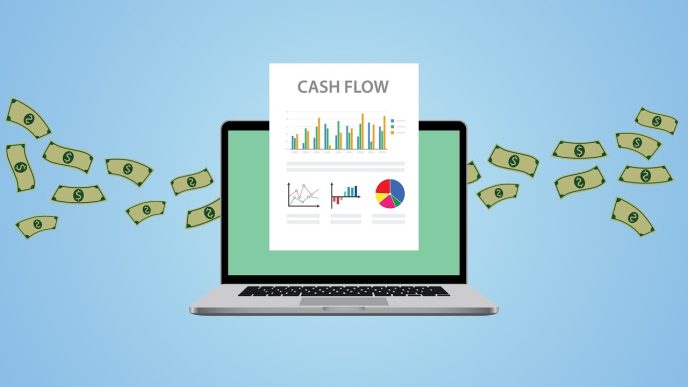Being in a motorcycle accident can be a traumatic and stressful incident. Your top priority should always be seeking medical attention for any injuries sustained. However, there are also several important steps you need to take after a motorcycle crash to protect your legal rights and access compensation that can aid your recovery. This article will provide a guide on what to do after a motorcycle accident.
Secure The Scene
If you are physically able, the first thing to do after a motorcycle collision is move out of the way of traffic to avoid any secondary accidents. Turn on your hazard lights and set flares or warning signs behind your motorcycle if possible. Contact emergency services and wait for police and EMS to arrive. Do not leave the scene of the accident until you have spoken to the police and received medical clearance. Leaving the scene can result in criminal charges. Try to keep yourself and others safe until help arrives.
Get Checked Out By Ems
Adrenaline after an accident often masks pain from injuries. Even if you feel fine initially, it is important to get evaluated by emergency medical services. Describe all physical symptoms you are experiencing and be sure to mention any part of your body that made contact with the ground, motorcycle, or other vehicle. Head, spinal and internal injuries are common in motorcycle crashes. Let the EMTs transport you to the hospital if recommended. Having professional medical documentation of your injuries can help if you file an accident claim later.
Exchange Information
When able, exchange contact and insurance information with the other parties involved in the collision. Get their name, phone number, address, license plate, and insurance provider. Offer the same about yourself. Having this information readily available helps speed up the claims process. If the other driver seems hesitant to share details with you, ask the police officer on the scene to get their details for the report.
Document The Scene
If your cell phone is accessible and functional, take photos of the accident scene from different angles. Capture images showing the position of the vehicles involved, damage to the vehicles, and any skid marks or debris on the roadway. Take wide shots to establish the scene and close-ups of damaged areas. Photograph your injuries as well, but seek medical treatment first. Pictures help document what happened for insurance and legal claims.
File A Police Report
Provide a statement to the police officers responding about what happened from your perspective. Be sure details like the time, weather conditions, others involved, witnesses, and preceding events are included in the report. Get the officers’ badge numbers and contact details for obtaining a copy of the report later. Having an official report containing information provided on the scene can be valuable evidence. Review the report when available and contact the police with any errors or missing details.
Contact Your Insurance Company
Notify your motorcycle insurance provider about the accident as soon as you are able. Give them your statement of events and the claim number provided at the scene. Cooperate fully with their investigation. Keep a record of all communications with your insurer. If your claim is disputed, you may need to escalate for review or consult with motorcycle accident lawyers.
Get Legal Advice
Consider scheduling a consultation with qualified motorcycle accident lawyers in St. Petersburg, FL. They can advise you on the strength of your insurance claim, options if your claim is denied, and whether you need representation. An attorney can deal with the insurance companies on your behalf while you focus on recovering from your injuries. If negligence caused your accident, they can help you pursue compensation through a personal injury lawsuit.
Prioritize Your Health
Make following your doctor’s treatment plans a top priority after a motorcycle crash. Attend all therapy and appointments recommended. Be honest about symptoms and any difficulties healing. Don’t try to downplay your injuries – having complete medical records helps prove your losses. Keep your attorney updated on your recovery process. This allows them to seek the appropriate accident compensation as your situation progresses.
Document All Losses
Keep detailed records relating to the motorcycle accident and your injuries. Save all medical bills, prescriptions, therapy invoices, and other expenses. Track costs related to your motorcycle repair or replacement. Log any lost wages from missing work during recovery. If your normal activities are impacted, keep a journal. Documentation shows exactly what losses you incurred due to the accident.
Explore Settlement Options
For uncomplicated accidents with clear liability and damages, your attorney may recommend settlement negotiations before trial. Settlements can resolve motorcycle accident claims faster than litigation. Your lawyer will gauge the details of your case and counsel you on the amounts to accept. If no settlement offer seems reasonable, you can still pursue compensation through a lawsuit.
Be Cautious In Communications
Insurance companies may try contacting you directly post-accident to obtain damaging statements they can use against your claim. Avoid discussing your accident with anyone other than your attorney or doctor. Admitting even a slight fault could severely hurt your case. Let your lawyer handle communications and information requests. They know what details to provide and what is best kept private until trial.











